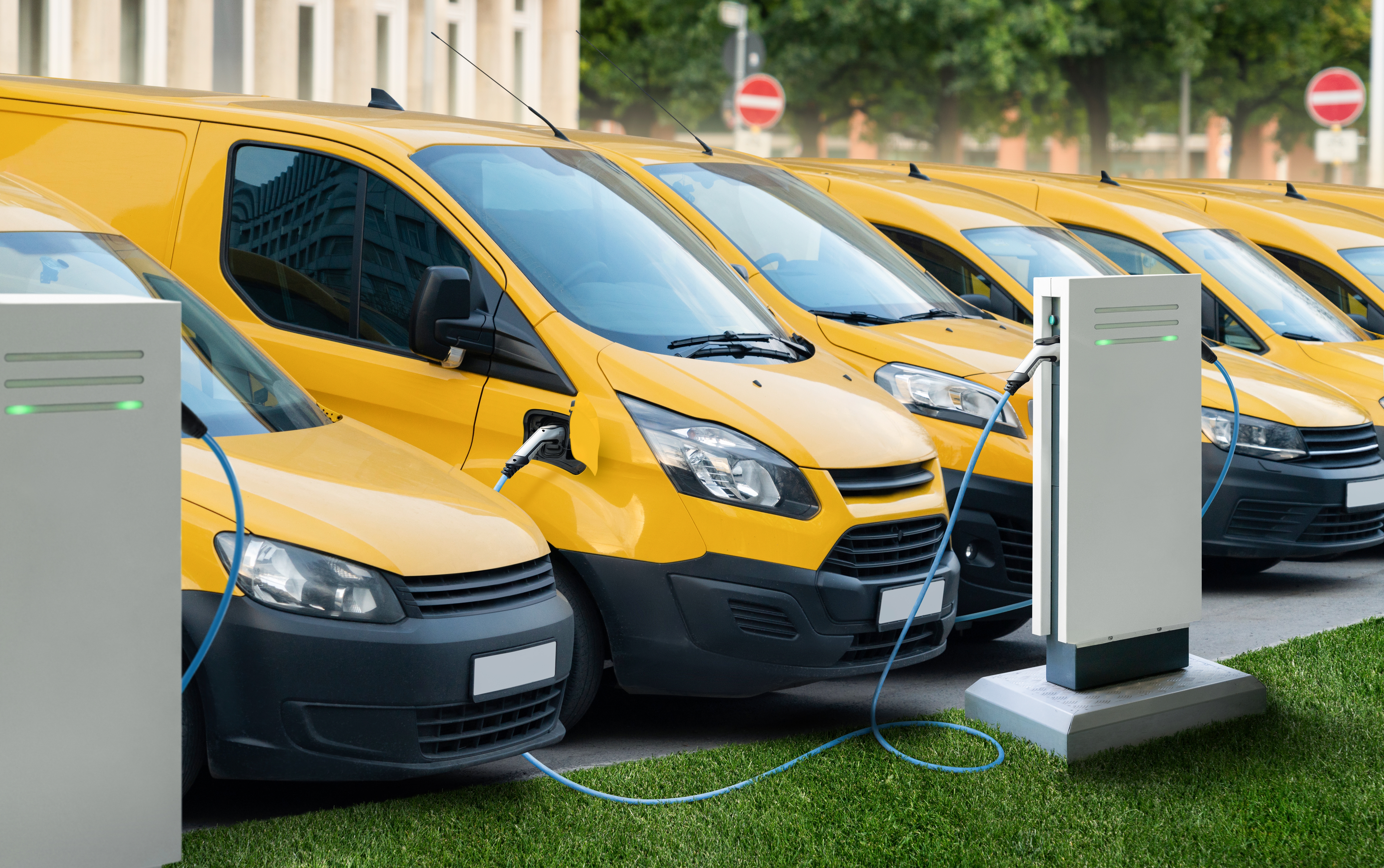
How Did EVs Perform in 2023?
As 2023 draws to a close, lets take a look at how electric vehicles performed over the last 12 months.
18% of all cars sold this year were electric, up from 14% in 2022. Increased performance, government subsidies, and a more extensive choice have encouraged the global and UK EV market growth. The increased availability of fast charging points, and advancements in battery technology, are all reducing ‘range anxiety’, making EVs a viable and comfortable choice for all-rounder vehicles.
Within the electric vehicle class this year, PHEV (plug-in hybrid electric vehicle) numbers are decreasing, and BEVs (battery electric vehicles) are becoming increasingly responsible for the majority of EV growth.
Global Demand
The past few years have shown a constant and increasing demand for EVs year on year. Government subsidies and zero-emission targets, as well as market-leading manufacturers dropping prices, have all encouraged growth in the leading countries. In 2011, there were 55,000 electric vehicles on the roads, then from 2017-2022, EV salesincreased from 1 million to 10 million. The first quarter of 2023 saw 25% more sales than in the same period in 2022, a total of 2.3 million EVs globally. By the end of 2023, this figure is expected to reach 14 million in sales, the IEAreports.
China is absolutely leading the change, making up half of the world’s electric cars. Europe is set to reach 21% EV sales of total new sales by the end of this year. For the first time, over 1 million EVs were sold in North America alone, however, the higher interest rates have meant EVs have not yet saturated middle-income consumers, and adoption is not as fast as expected.
UK Demand
2023 saw another favourable year of growth for the UK EV market. In November 2023, there were 40,230 new EVs registered in the UK, over 24,000 of which were fully electric. The SMMT has calculated the cumulative number of EVs registered since 2019 is over 1.5 million in the UK. When looking beyond 2023, a report done by EYsuggests the UK consumer buying intent is 54% for choosing electric vehicles, rather than traditionally fuelled vehicles, showing the growth trend will continue into 2024.
The UK does still have a way to go to improve infrastructure, with The Guardian stating the UK has 11.3 electric vehicles for every public charging point, far worse than The Netherlands with 2.8 EVs to every charging point, Sweden at 8.4, and just better than Germany with 12.8 EVs to charging points.
Zero Emission Vehicle Mandate
In September 2023, the UK Governmentset out the regulatory framework for new car sales. From 2024, 22% of new cars must be zero emission, and this minimum percentage requirement will rise gradually, all the way up to 2030 when 80% of new cars in Great Britain in 2030 will be required to be zero emission. By 2035, the full ban will come into effect, as will similar legislation in other countries such as Canada, France and Germany.
Whilst the government was slow to finalise the above mandate, and the goalpost was moved by 5 years, from the original 2030 deadline, it should now provide certainty for manufacturers, with some aiming to be 100% electric before 2035. The consistent EV uptake over the last few years suggests this delay is unlikely to affect the current positive trajectory, and the momentum is now unstoppable.
New Models
The SMMT reported by 2024 there will be 120 electric cars on the market, a massive increase from the 20 cars that were available in 2017. With so many more EV models being developed and available, the 2023 choice of EVs has improved, helping to contribute to the ever-increasing demand.
Each new model also
EV range capacities, for example, the 2023 Nissan Leaf ‘e+’ version now has a very respectable range of up to 239 miles, compared to 2012 when the average range of the Nissan Leaf was only 60-70 miles. Another 2023 model is the Fisker Ocean, whose Hyper Range battery pack can offer a compelling 439 miles between charges.
EV 2023 Leaders
The ban on sales of new diesel and petrol cars in 2035 essentially forces car manufacturers to invest in this technology, and some have already embraced this trend, and are leading the pack. The most successful models in 2023 were revealed by the What Car? Electric Car Awards as the MG 5 EV, Porsche Taycan and Tesla Model 3. Tesla is forecast to be the leading EV manufacturer by 2025, higher than the current leader BYD, and ahead of VW, GM and Hyundai.
The month of August 2023 showed a surge boost in fleet and business-related purchases. The SMMT announced that 77.4% of the 24,359 new EV sales in November were fleet and business sales.
Affordability
Electric vehicles are already far more affordable than a few years ago. As electric cars are still relatively new, the technology is still improving so the new cars have a higher upfront cost compared to their less environmentally friendly alternatives. This may be why the EV uptake is not as fast as expected, despite the advantages of lower running costs, ease of driving, road tax exemptions and less maintenance.
The ever-increasingly popular way to combat the higher upfront costs of buying a new EV is by choosing electric vehicle leasing. This financing style allows EVs to be more accessible through cheaper and more manageable monthly payments. To compare a real example from a Pink Car Leasing contract, with the same contract lengths, a Seat Leon Estate would cost £311.90 a month with an initial rental of £2,807, compared to the Mg5 Electric Estate which would cost only slightly more at £349.18 and an initial rental of £3,142.*
The Future
2023 showed another year of increased interest, with both suppliers and consumers appreciating the appeal of lower fuel and maintenance costs, lower emissions, a more comfortable driving experience, and future-proof choices. Petrol is still likely to remain the most popular choice for the next few years, especially in the used car market, but electric vehicles are taking more of a share of the new car market each year, and 2023 was no exception. It's clear the automotive industry’s future both globally and in the UK is only going in one direction - electric.
*prices correct as of December 2023
Never miss a deal again
Sign up to our mailing list to receive the latest deals straight to your inbox!
Categories
More Articles

The Right Car, Right Now
The car we want and the car we need can change with our circumstances. Leasing gives you that flexibility.

Leasing An Electric Van: What UK Businesses Need To Know
Unsure about electric vans for your business? We tell you everything you need to know including the benefits and how to...

EV Leasing For First-Time Electric Drivers: What To Expect
As technology continues to develop and the demand for evs booms, we look at the benefits and considerations of leasing a...




























